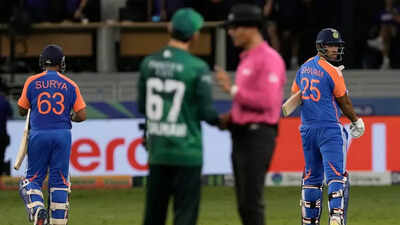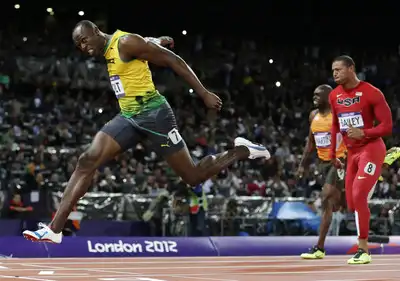For 81 minutes on Saturday, Stuttgart seemed to have done the hard part. An early strike from Ermedin Demirovic had given them control of the Baden-Schwaben clash against Freiburg. And with the hosts searching for their first points of the season, Sebastian Hoeneß’s side appeared on course for a narrow but valuable win.
The display was far from the elegant showings viewers have become accustomed to since Hoeneß took over in 2023, but it was enough to frustrate Freiburg.
And then it all fell apart. Three goals in the final ten minutes turned what might have been a professional away performance into a damaging 3-1 defeat. The frustration was not simply the result, but the manner of the collapse – tentative, unimaginative, and above all, passive.
Hoeneß was candid afterwards, his words hinting at deeper problems than a late defensive lapse. “We are not at all satisfied, primarily with the result, but also with the way the game played,” he said in the mixed zone. “For 70 minutes, we defended the first few balls very well, but as time went on, we were no longer in the game when second or third balls became dangerous. Our attacking play didn’t give us the necessary relief. The bottom line is, we didn’t create enough things with the ball. We often didn’t go beyond attempts.”
Stuttgart’s resurgence under Hoeneß has been built on a willingness to play on the front foot, to take risks in transition, and to impose themselves no matter the opponent.
And it must be considered that the recent lack of real ideas and playing style is not a recently emerging theme. Since the beginning of last term’s Rückrunde, VfB have looked hesitant, and simply content to defend a single-goal lead – a stark contrast from the fluid attacking performances of the 2023/24 term.
Club captain Atakan Karazor echoed his manager’s sentiments, acknowledging that the performance unravelled long before the final whistle. “We defended very well until the 81st minute, kept all set pieces away from goal, and won all the headers. The new players settled in well and contributed to the team,” he said. “What can be criticised is that we didn’t provide enough relief. In the end, the game turned because we weren’t defending well and couldn’t get the basics on the pitch. We need to analyse this carefully.”
And the language used by supporters is beginning to change. Among fan circles in Cannstatt and beyond, the complaints have been consistent: too little creativity with the ball, too much timidity after taking a lead, and in-game changes that invite pressure rather than release it.
The statistics reinforced the impression. Freiburg finished with 14 shots compared to VfB’s seven. Stuttgart also covered seven kilometres fewer than their opponents, a reflection of the drop in intensity following the stunning opener from Demirovic.
The aforementioned substitutions drew criticism. Maximilian Mittelstädt, one of the better performers on the day, was withdrawn after 76 minutes. His replacement, Ramon Hendriks, was directly involved in two of the goals conceded.
Wideman Chris Führich was introduced in the 89th minute and failed to make a real impact – as has largely been the case since his sensational 23/24 campaign.
It is not yet a crisis. Die Schwaben have picked up three points from three games, a modest return but hardly catastrophic. More worrying than the league position is the trajectory. A team that once brimmed with conviction now looks uncertain, a team that once thrived on courage now plays not to lose.
It is not that they have forgotten how to defend – indeed, they were organised for most of the match – but defending alone no longer seems enough.
The challenge for Hoeneß is to restore what made his side compelling in the first place. Supporters have seen what this team is capable of under his leadership, and that is precisely why a performance as sterile as Saturday’s stings so sharply.
Stuttgart are now preparing for a clash against St. Pauli on Friday evening – an encounter that demands a response.
View publisher imprint






